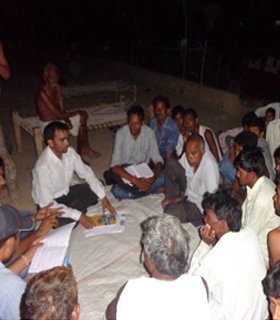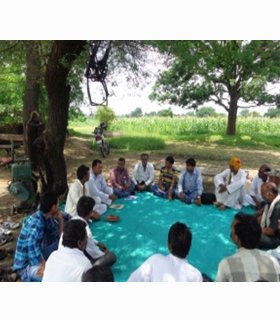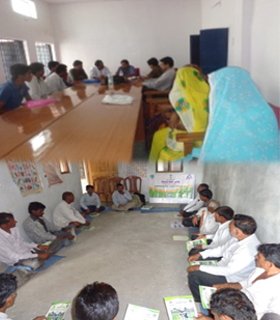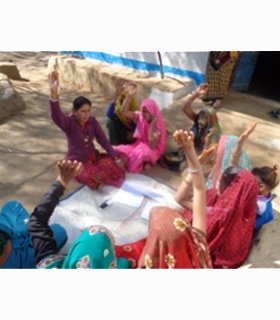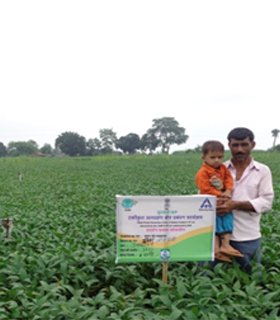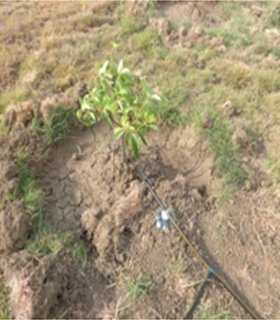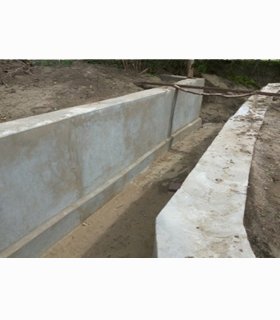Silt Monitoring Unit (SMU)
With the support of ITC one SMU was installed in Village Ramakhedi to monitor the Silt Load as well as flood depth variation against Rainfall from a single micro watershed. The continuous data will support the impact assessment of treatment works done under IWMP-project.

